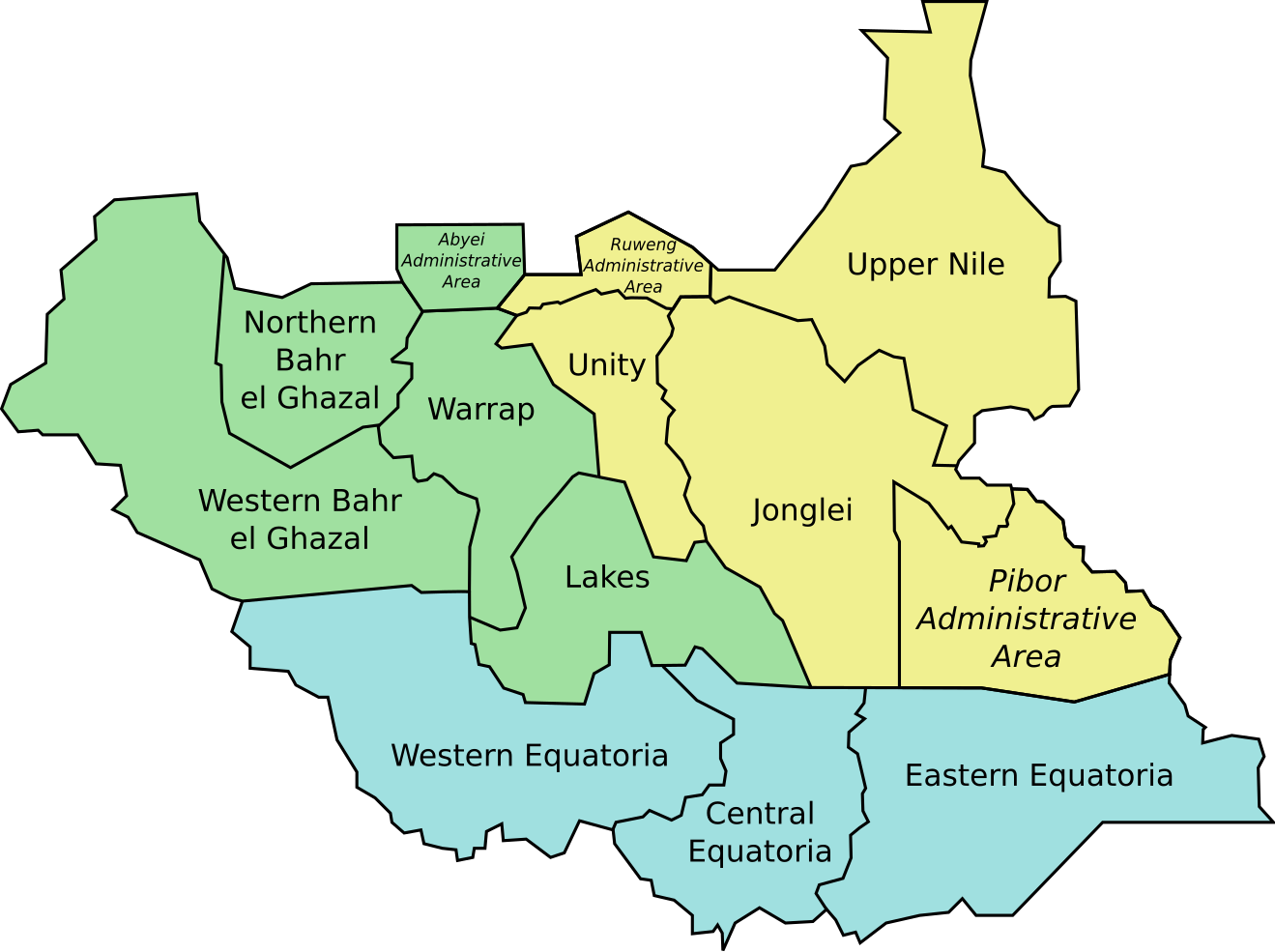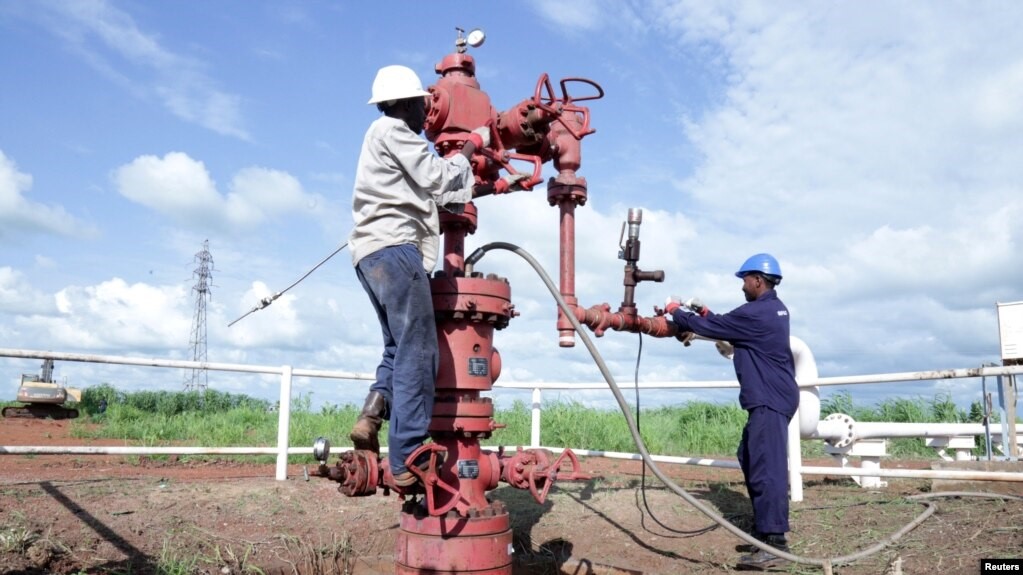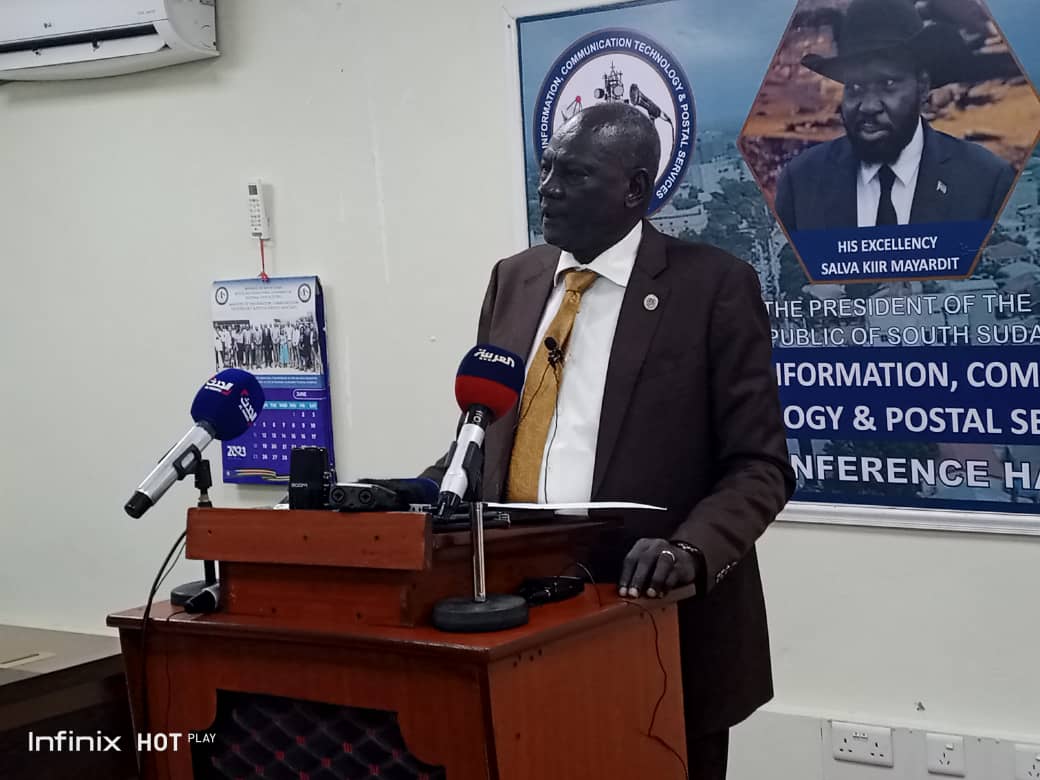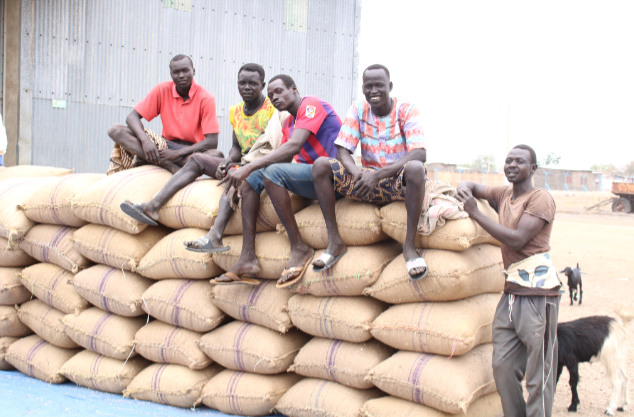
Humanitarian situation in Renk County worsening amid influx of refugees

By Adia Jildo
The humanitarian situation in Renk County of South Sudan’s Upper Nile State is deteriorating due to recent influx of thousands of refugees across the border with Sudan.
Local officials have said more than 10,000 South Sudanese and other foreign nationals from the East and Horn of Africa have crossed into Renk County, since the start of conflict in neighboring Sudan.
“The humanitarian situation is very bad. These people need food, they need water. There is no sickness at the moment but there is hunger,” Luke Sadallah Deng, the minister of information for Upper Nile State told Juba Echo on Friday.
Sadallah said 9,367 South Sudanese and 369 foreign nationals have been received in Renk since April 21.
“Today at Joda border crossing point, we received 2,865 South Sudanese and 449 foreigners,” he said.
The refugees and returnees are being transferred upon arrival by humanitarian agencies to temporary bases in Renk County.
.
“The Commissioner of Renk Kak Padiet took them from Joda to Renk, now UNHCR and IOM have arrived. They are arranging to bringing them to Renk,” Sadallah said.
Francis Bangoang, the Attaché at the South Sudan Embassy in Khartoum, said the situation in Renk County is worrying as new arrivals are putting pressure on the already scarce resources.
“These people do not have water; they don’t have food or medicine. They need help because they run without money. Even if they reach Renk, they do not have relatives,” Bangoang said.
He called on the South Sudan government to assess the situation the situation and support the returnees as well as help evacuate those still stuck in Sudan.
“The fight has scattered a lot of South Sudanese all over Sudan. People are running,” Bangoang said.
He said the returnees and refugees are being charged 25,000 South Sudanese Pounds to be transported by road to Palouch area and yet they don’t have money.
“The ministry of humanitarian affairs has met with the International Organization for Migration (IOM) acting humanitarian coordinator to form a committee comprised of the government and UN to assess the situation in Renk,” Oliver Majak, Executive Secretary in the ministry of humanitarian affairs said.
Fighting erupted in Khartoum on April 15th, after the army had rebuked the RSF for uncoordinated troop movement and redeployment around the capital and it’s twin cities.
The major cause of the clashes centered on the disagreement on the period of integrating the RSF into the national army.
The Sudanese army preferred RSF to be integrated within a two-year period while the RSF wanted to be given 10-year period.
The conflict has killed about 512 people and injured more than 4,000 others.




































